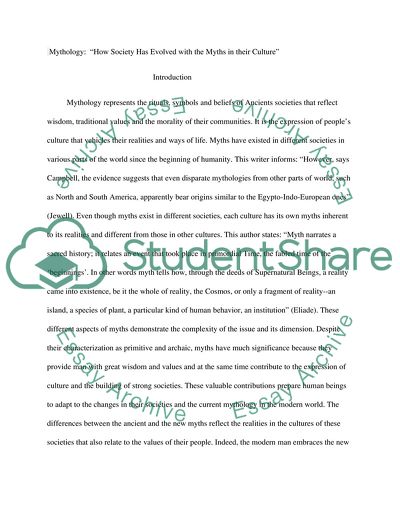Cite this document
(“Mythology:How Society Has Evolved with the Myths in their Culture Essay”, n.d.)
Mythology:How Society Has Evolved with the Myths in their Culture Essay. Retrieved from https://studentshare.org/english/1623952-mythology-how-society-has-evolved-with-myths-their-culture
Mythology:How Society Has Evolved with the Myths in their Culture Essay. Retrieved from https://studentshare.org/english/1623952-mythology-how-society-has-evolved-with-myths-their-culture
(Mythology:How Society Has Evolved With the Myths in Their Culture Essay)
Mythology:How Society Has Evolved With the Myths in Their Culture Essay. https://studentshare.org/english/1623952-mythology-how-society-has-evolved-with-myths-their-culture.
Mythology:How Society Has Evolved With the Myths in Their Culture Essay. https://studentshare.org/english/1623952-mythology-how-society-has-evolved-with-myths-their-culture.
“Mythology:How Society Has Evolved With the Myths in Their Culture Essay”, n.d. https://studentshare.org/english/1623952-mythology-how-society-has-evolved-with-myths-their-culture.


